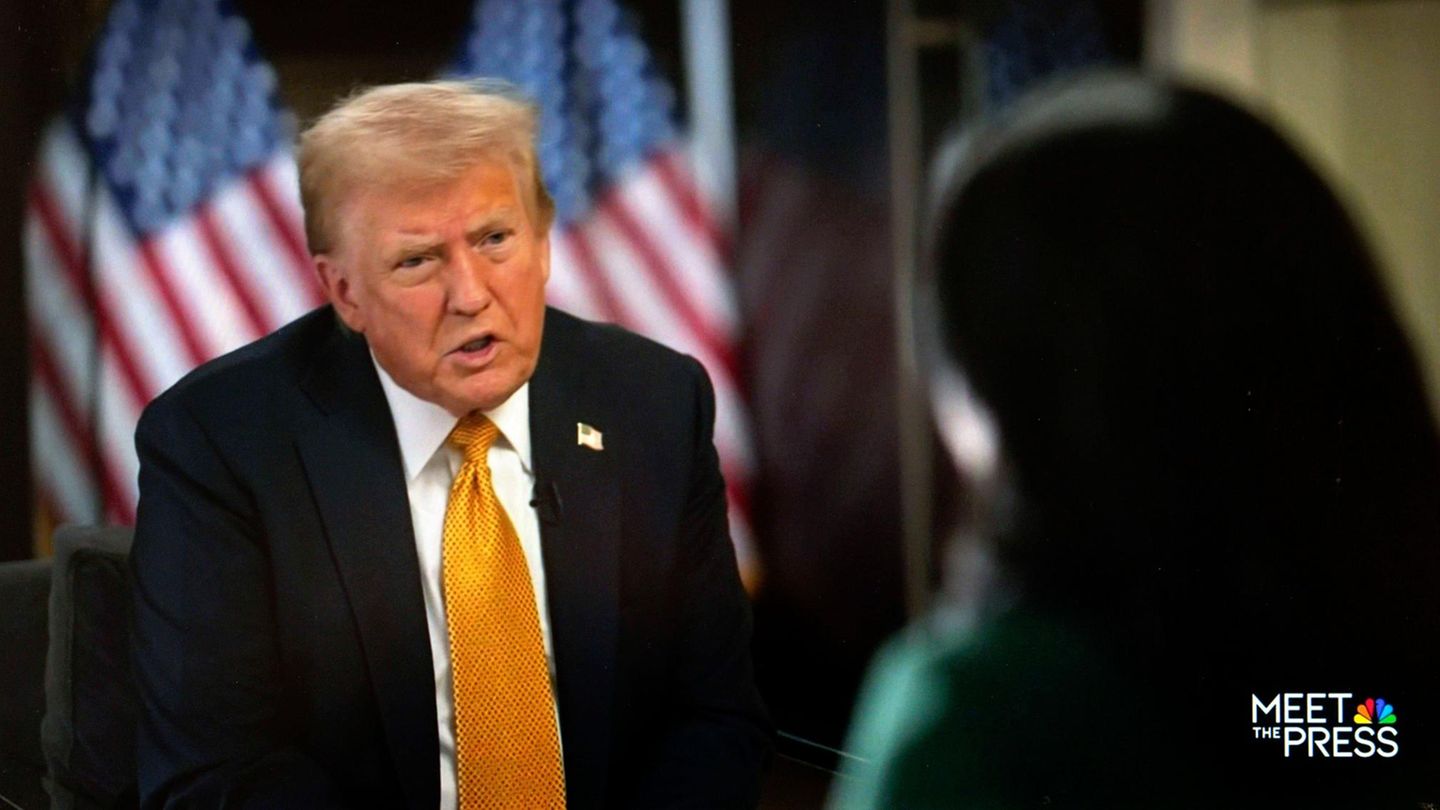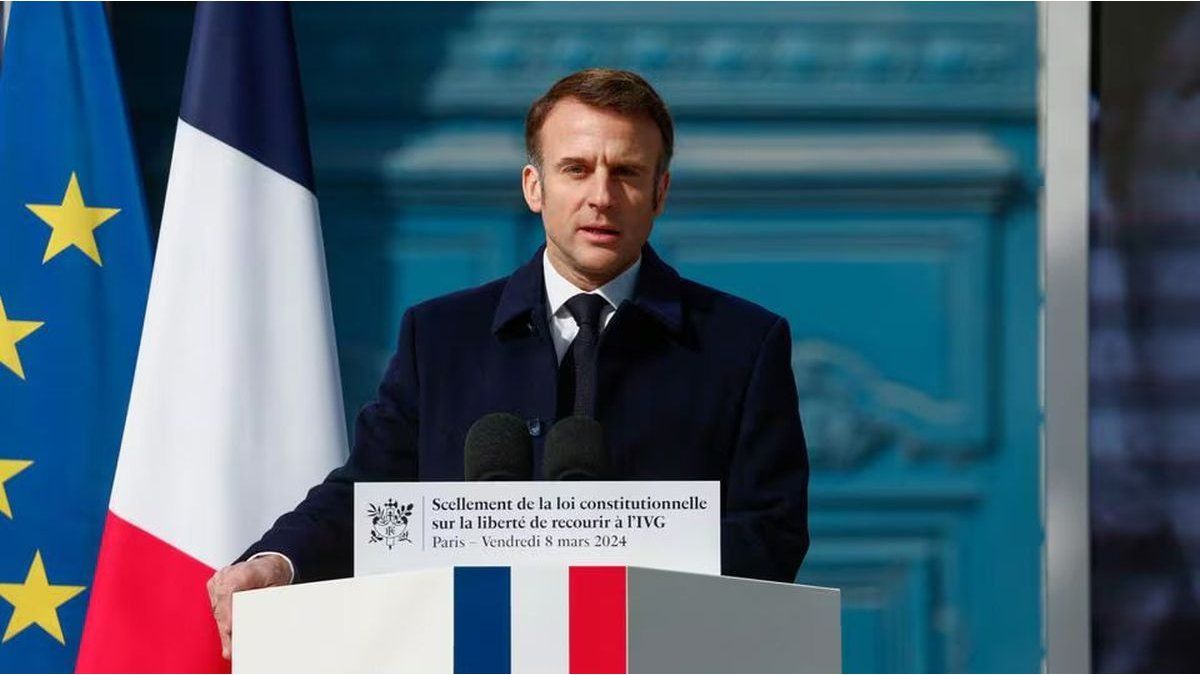German foreign trade
German exports collapse – anxious wait for Trump’s presidency
Copy the current link
Exports from Germany have shrunk significantly. Now German industrial companies are asking themselves: What happens next when Donald Trump is US President?
Exports are extremely important for Germany’s economy – but there is bad news again from the sectors: Exports from the Federal Republic fell more sharply in October than they have in almost a year. The reason was shrinking demand from the USA and China.
Exports fell by 2.8 percent to 124.6 billion euros in September, as the Federal Statistical Office in Wiesbaden announced. Exports also fell by 2.8 percent compared to the same month last year.
Exports to the USA, the largest target market for German exports, fell by a good 14 percent month-on-month to 12.2 billion euros. At the same time, exports to China fell by 3.8 percent. In trade with EU countries, exports fell by 0.7 percent.
Germany is traditionally considered an export nation that relies on trade with the world.
Germany’s exporters suffer from expensive German energy and fear customs conflicts
The start of the fourth quarter does not bode well with the decline in October, wrote VP Bank chief economist Thomas Gitzel. “Even if the significant decline in exports to the USA is likely to be characterized by large orders, the decline gives a foretaste of what could happen in the event of serious customs disputes with the USA.”
Growing competition on the world markets from China, for example, as well as structural problems in German industry such as expensive energy and a lot of bureaucracy have been troubling Germany as an export nation for a long time. Exports had already fallen in September.
“This decline is severe,” Hamburg Commercial Bank chief economist Cyrus de la Rubia said of exports. This will have a severe impact on the German economy at the end of the year. “It is therefore likely that economic output will shrink overall in the fourth quarter,” said the economist.
German companies are falling behind in international comparison
In the summer quarter there was still a mini-growth of 0.1 percent. The German Chamber of Commerce and Industry (DIHK) also expressed pessimism. “There will be no export growth this year,” said DIHK foreign trade chief Volker Treier. “Stagnation at best is to be expected for the coming year.” There were no growth impulses from abroad due to the lack of competitiveness of German companies compared to other countries.
Imports to Germany shrank by 0.1 percent in October compared to September to 111.2 billion euros. Compared to the same month last year, there was an increase of 1.7 percent. The bottom line was that there was a positive foreign trade balance of 13.4 billion euros.
Uncertainty about Trump’s presidency
There is currently disagreement about what expectations are for the future – because there are fears of customs conflicts with the USA. However, it is not certain how severe these will be. US President-elect Trump takes office on January 20th.
The export expectations of German industrial companies actually brightened somewhat after Trump’s election victory, even though he threatened higher tariffs.
The corresponding barometer rose to minus 5.9 points in November from minus 6.5 points in October, as the Munich Ifo Institute determined in its company survey. This is the first increase in six months. “Companies are unsettled, but are still waiting to see what trade policy Trump will ultimately implement,” said the head of the Ifo surveys, Klaus Wohlrabe. “In addition, the dollar has appreciated significantly after the election, from which exporters can benefit.”
The American economy is generally expected to improve when Trump takes over from his predecessor Joe Biden. For example, prices on the US stock exchange Nasdaq have risen continuously since September, and they jumped after the US election in November.
dpa · Reuters
adj
Source: Stern




